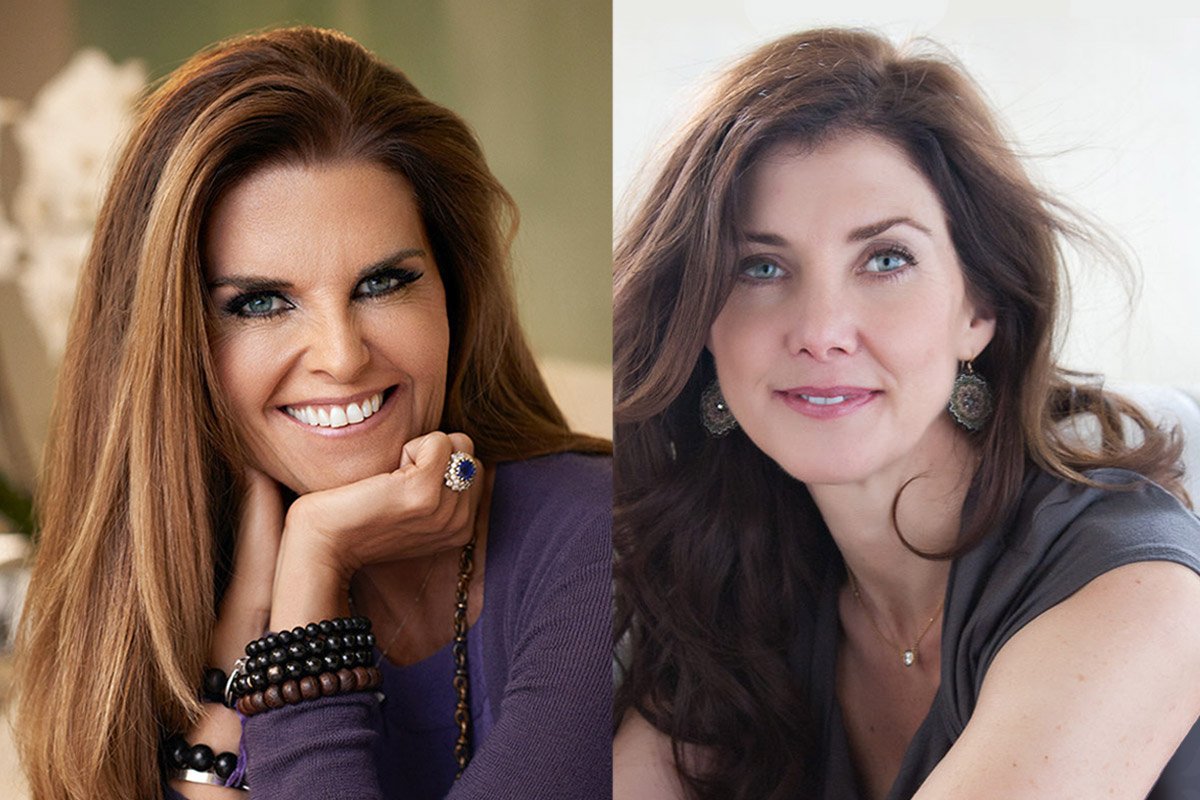
Maria Shriver & Jean Trebek discussing spiritual and mental tools they use regularly and their desire to uplift, inform, inspire those around them.
Recently Jean Trebek had the pleasure of interviewing Maria Shriver. The two found an almost instant connection as they shared their perspectives on a range of current topics. They found common ground in what inspires them, the value of a daily spiritual practice, and the importance of maintaining a healthy balance between “doing” and “being”.
Meditation, Self Care & Self Compassion
Jean: What keeps you grounded right now, Maria… with everything that’s going on in the world, what’s your go-to? Do you have a spiritual practice?
Maria: Oh, big. I work at staying with my feet firmly planted on the ground. I find so many people around me and so many people who are talking to me are coming from a place of angst and a place of questioning and a place of apprehension. I get a lot of questions all the time like, “What do you think is happening?” “Can you believe what’s happening?”
I find that my small routine in the morning, which is big for me, starts actually in my bed when I wake up… I thank God for allowing me to wake up. Then I always go downstairs where it’s quiet in the morning, I make my coffee and do my meditation.
I don’t check my phone, I don’t check emails because when you start looking at your phone or looking at what other people are asking from you, you go out of your own center and into somebody else’s life, so to speak…I have found, and other people have talked to me about the importance of routine. So, I try to do my 15 to 20 minutes of meditation in the morning and then I try to do some form of exercise. In between my meditation and exercise, I do check my phone or I check to see what’s going on… but I do try to set an intention for the day. My life is very grounded in my relationship with God, in my prayer life, in my belief that I’m here for a purpose and that I want to make my life matter. I reassure myself of that on an ongoing basis, a daily basis actually.
Jean: I love that…. I’m actually rowing my boat right next to you. Very similar morning.
Maria: What’s your routine?
Jean: When I wake up, I say thank you, God. I too make my morning coffee and I really try not to go to my computer or cell phone. I will take my coffee and go into the living room and I’ll read the Course in Miracles for a bit, and then I’ll do a short meditation and prayer. It’s not so much that the outer world changes, but that I move through the day more balanced… like having both oars in the water.
Maria: That’s funny, because this morning, I got up on the wrong side so to speak. I woke up with my critical voice. I started my prayers and said to myself, “Come on Maria, you have the tools to stop this negativity that’s in your mind… take a breath, close your eyes, shift, get out of that.” I wish I had known that years and years ago. I was telling it to my daughter, when she came over this morning. She says, “I think that’s the biggest thing. Isn’t it mommy? To learn how to control your mind or learn how to have the tools to work with your mind, because your mind can make such a difference in how your day goes.”
Jean: Oh, it’s everything. I think that’s why there’s a quote in my kitchen that says, ” Rule your mind, or it will rule you”.
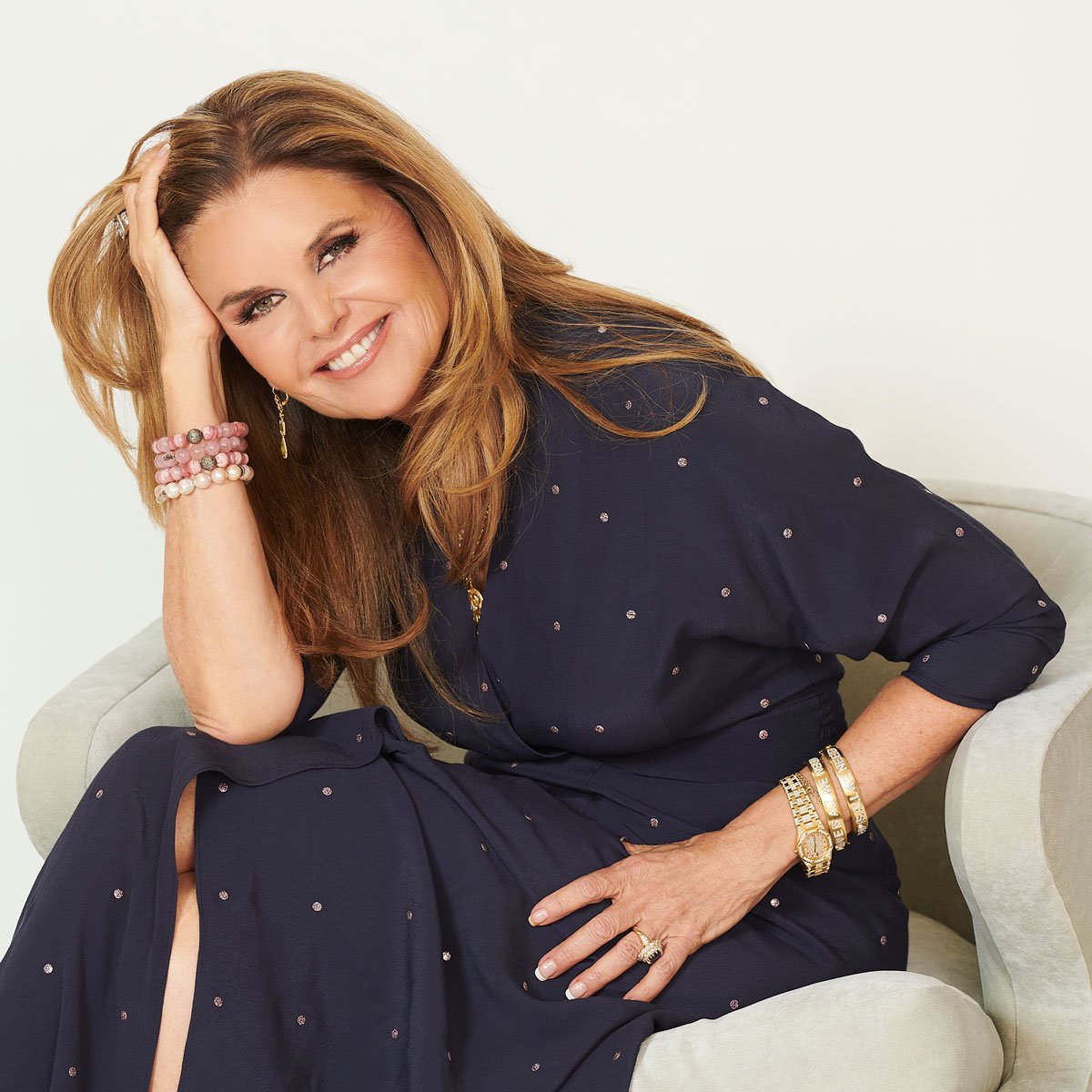
“Being present and trying to just be still is a very powerful practice.”
– Maria Shriver
Maria: Absolutely. I didn’t grow up with those tools.
Jean: Yea… no one taught us those things.
Maria: Not of that. I laugh with my kids today when they talk about self-care and self-compassion. I never heard those words until the last couple of years. I did not grow up with a mother who talked about self-compassion and being kind to yourself. I grew up with a mother who was like… let’s move, let’s drive, get up, get going and get something done every day. I think that learning that you can control your thoughts, learning that you are not your thoughts, learning that you can observe your thoughts and that you can develop tools to stop the rumination is a very powerful piece of knowledge.
Jean: Yes, it is and it’s a muscle. It’s not like we can do 10 sit-ups and then we’ve got tight abs… everyday you have to show up. I think that what you just said is what the phrase in the Bible says to put God first.
Maria: Yes. I definitely grew up with that message. I had two parents who went to church every single day until their death. They were what I would call a daily communicant as was my grandmother.
Rose Fitzgerald Kennedy (Rear Center), grandmother to Maria Shriver, was the matriarch of the Kennedy family. She was a devoted mother and dedicated much of her time to political campaigning, philanthropy and her unwavering faith in God.
Maria: Growing up, I went to the Convent of the Sacred Heart from when I was little all the way through high school. Then I was educated by the Jesuits in college, and I minored in theology. Most of the people that came over to my home were friends of my parents, they were priests and nuns along with social justice people. I was steeped in the notion of if you’re not out doing God’s work, you have no business being here. [laughs] That was really the message that I got growing up.
Bringing Balance To Breaking Tradition
Jean: Did you feel pressure to do something benevolent given what your parents both established and that your family was so famous?
Maria: Yes, I would say I knew that my parents expected me to get a move on. I knew my parents expected me to do something and they were used to people doing things that were big.
Maria Shriver’s parents led by example and didn’t just expect great things from others, they did exceptionally great things themselves for the betterment of others.
Maria Shriver’s mother, Eunice Kennedy Shriver, founded the Special Olympics in 1968.
Maria Shriver’s father, Sargent Shriver, founded the Peace Corps in 1961 along with Maria’s uncle, President John F. Kennedy, and civil rights activist, Harris Wofford.
Maria: I knew that if I wanted to get my mother’s attention, the best way to do that was to do something that would get her attention and I don’t necessarily think that’s such a great thing, but it was definitely a motivator. I understand where she came from and I understand how she was raised was the way she raised my brothers and I. She expected a lot.
Jean: She certainly got it.
Maria: She got all of her kids to step it up.
Jean: No slacking in this house.
Maria: No, she was the type of person that when you walked into the room, if you happen to have sat down, you’d jump up and say, “Oh, I was just passing through here, or I was just picking something up…I wasn’t sitting down.” My mom wasn’t a sit-down kind of woman.
Jean: Well, It’s so great that you’re bringing balance to that.
Maria: I’m trying. Thank you, Jean. One of the good things I want my kids to know and I don’t know if it ever really sinks in, is that they could just sit on the couch. I wanted them to be good people and their dad and I expect them to be useful in the world. They have been born of privilege and although they didn’t have to follow what their dad or I was doing… or what their grandparents did, they were encouraged to find a space where they could give back because I think there is that.
My grandmother always said,
“To whom much is given much is expected.”
– Maria Shriver
Maria: I always wanted them to know that I loved them regardless if they wanted to open up a coffee shop or If they wanted to work in a dog fostering agency. It didn’t have to be big, but I wanted them to know that whatever they did was big in my eyes. That’s a little bit of breaking a tradition for me.
Jean: That’s so wonderful. Even though I don’t know your children, I’m sure they’re beautiful.
Maria Shriver On Being A Grandmother, Children & Family
Jean: So now, I know you’re a new grandmother…which is hard to believe by looking at you.
Maria: I was like, Oh my God. It just shows you your mind again. In my mind I have this image of a grandmother and of course, here I am, I’m a grandmother and it’s kind of the meaning we attached to words. I get pictures of my granddaughter every day on my phone and it just stops the world really. I just look at it and I just smile. I can’t help but smile.
My daughter is very strict about her…she has very strict COVID boundaries around her daughter. I get a lot of pictures on the phone, or videos. I feel really blessed that I’m alive. That I’m here to see that. That I’m privileged to be able to have that experience because I know not everybody gets that and that’s really in many ways what I live for now… the idea that I can live long enough to see that with all my children.
Jean: Oh, I get it…absolutely!
Maria: How old are your children?
Jean: Matthew is 29 and Emily is 27.
Maria: I have a 27-year-old son and I have a 30-year-old daughter, a 29-year-old daughter, and a 23-year-old son.
Jean: When I was pregnant, I remember reading that you were pregnant too…and I thought back then that that was cool. I’ve been a long time fan of yours, Maria.
Maria: Thank you. You’re probably the only other person with long dark hair at our age.
Jean: I know. [laughter]
Maria: I love it.
Jean: I’m always like this….(stroking the hair on my head down).
Maria: A guy said, “Do you want to cut your hair?” I said, “No, not really. No, I don’t think so.”
Women’s Alzheimer’s Movement, Women’s Health & Research
Jean: Can you tell me a little bit about the Women’s Alzheimer’s Movement that you founded?
Maria: Yes. So the women’s Alzheimer’s Movement was founded to try to understand why women are two-thirds of all the cases of Alzheimer’s and particularly women of color.
My dad had Alzheimer’s. He was diagnosed with Alzheimer’s in 2003. I wrote a children’s book. I did a multi-project documentary for HBO. I produced the film Still Alice. I’ve done coloring books. I’ve done all of these things in the Alzheimer’s space, but I can’t help noticing that there were more and more women who had Alzheimer’s and more and more women who told me they were caregivers and having to drop out of the workforce to care for a mother or care for a mother-in-law.
I kept going to doctors and researchers saying, I think this disease disproportionately impacts women. They were like, “No, no, no, no, you’re not right about that.” It’s just because women live longer, you don’t have your facts right. I went and partnered with the Alzheimer’s Association and we did a big report to the nation. 10 years ago, right now, actually, that reported for the very first time, that women were disproportionately impacted. It wasn’t simply because we live longer, but there were things going on in women’s brains and women’s bodies that made them more susceptible. Nobody really knew why that was. We weren’t really funding research into women’s brains, the way that I thought we should be doing.
Maria: We started the Women’s Alzheimer’s Movement to try to really encourage and instigate more funding into women’s brains. To get people, like researchers, to think about that… to investigate places that they had not looked into before. To also educate women, particularly around the perimenopausal/menopausal time in their lives, about the role of hormones in the brain, to understand what were the risk factors and to educate them about what they could do to prevent Alzheimer’s to the best of their ability.
There is no sure key to preventing Alzheimer’s, but there are things we do know about lifestyle, social engagement, learning and keeping your brain fit that we didn’t know say five to ten years ago. The Women’s Alzheimer’s movement operates on all those cylinders, and I hope to be put out of business one day once we understand what it is that’s going on with women that makes them so susceptible.
Jean: That’s so amazing…and that you picked up on the fact that more women are affected than men, and you’re actually doing something to figure it out…that’s great. I remember reading somewhere about how Barbara Streisand started a clinic at Cedar Sinai (Barbra Streisand Women’s Heart Center) for women’s heart health because she too noticed that men and women are quite different. It’s like that phrase, “men are from Mars, women are from Venus.”
Maria: We are. It’s so interesting. I find it in studying where, how far behind we are, when it comes to research on women, research with women, all of the medication that women take, 97% of it has been only tested on men, the over the counter medication we take. We all take 12 and up, you look on there, it says, “12 and under this dose, 12 and up this dose”, the same for men, same for women, the same people that way, a hundred pounds more, a hundred pounds less.
That’s why it’s so important to follow your gut, to push doctors further than they have been pushed to question doctors. I’m a big believer in arming women with the information they need and to encourage them to come up against the medical profession and demand answers that might not be there.
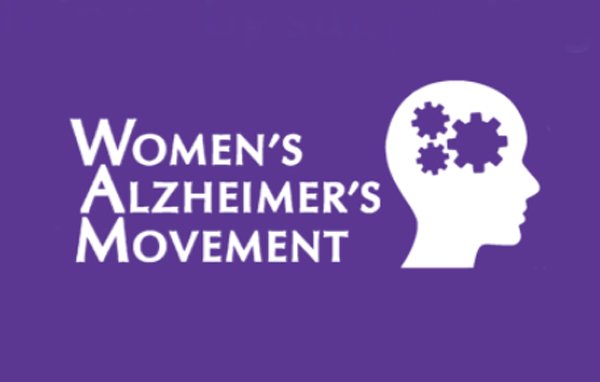
“Women are at the epicenter of the Alzheimer’s crisis.
That’s why we must be at the heart of the solution.”
– Maria Shriver, Founder
Women’s Alzheimer’s Movement
Jean: Yes. In meditation too, women are different from men. It’s been my observation that it’s easier for men to hold a single thought, because their brains tend to be wired to be more single focused than women. Women seem to be more natural at multitasking…I’ve read that some women benefit more from a focused walking meditation or dance.
Maria: I think it varies a lot. I found that when I started doing meditation, I couldn’t sit still at all and I felt badly about myself because of it. Now I can actually sit still. I know that I have to observe my thoughts. I don’t try to stop by thoughts. I practice Transcendental Meditation. I have a mantra…some days, it’s easy and then some days or days on end, it’s really, really hard. Being present and trying to just be still is a very powerful practice.
Jean: Right. [laughs] True.
A personal message from Maria Shriver, Founder of The Women’s Alzheimer’s Movement.
You can learn more, show your support and make a donation here.
The Inspiration of The Sunday Paper
Jean: Tell me about your Sunday Paper online magazine. What inspired you to do this website? Was it that you had so many great connections? Also, can you share with me an interview that really impacted you?
Maria: The Sunday Paper had nothing to do with connections. It came from a desire to elevate other voices that I was seeing out in the world that didn’t have a platform. I knew that I had a platform and I knew I was a journalist, a writer, and that I had a voice. I thought if I could say something every week, then I could also use my platform to elevate the voices of other people that I think are also inspiring hearts and minds, who also have the mission of moving humanity forward, who are also seeking to rise above the noise. Wouldn’t that be fun? Wouldn’t that be great?
“It’s a labor of love, really,
for everybody who works on it and writes for it. “
– Maria Shriver
The Sunday Paper
Maria: The Sunday Paper has grown so organically, Jean. It’s become this huge success only because of the people that read it. The people who read it, share it with their friends, then they sign up friends and friends sign up friends. It goes out every Sunday, reaches a million people… it has a very solid subscription base. People all want to write for it because I do believe that people have fundamentally a desire to inspire hearts and minds, which is what gets me going every week. We try to fit into the place or the whitespace of information and where information meets inspiration to stay above the fray. We try to be an alternative to all the noise that is out there. We try to publish voices that we think you will enjoy and l learn from. We think we have something to say to move our culture forward.
Jean: It’s really wonderful. I’ve been a subscriber for a few years now and I love it.
Maria: Thank you. It’s really been a labor of love. It’s a labor of love, really, for everybody who works on it and writes for it. Somebody was saying to me the other day, “What are your goals for the Sunday Paper?” I said that I far exceeded the goal for the Sunday Paper …I just wanted it to reach into people’s hearts and minds. I wanted it to inspire people, make them feel good. I wanted it to be a jolt of joy and love and I never thought it would reach as many people as it does, and now I want to just keep growing. Everybody who subscribes to it is responsible for sharing it with other people and just upping it to continue to grow.
Jean: And now you’re doing it on Wednesday?
Maria: Yes. We just started that. We’re trying to feel that out. Do we want it? We were saying this morning, we don’t really want more work?
Jean: It’s a lot of work, most people have no idea.
Maria: It is a lot of work. The Sunday paper that goes out every Sunday, we’re constantly depending on the news, we’re moving it around. We’re trying to find the right balance of voices in it. We’re looking at diversity, we’re looking at subject matter. We’re choosing news stories. We’re looking at chefs and conversation starters and things that nobody else has seen.
It’s a very small group, but we really work hard if we need something to get to the readers that’s not out there. People had asked us to do more so we tried this midweek thing and we’re trying to figure it out, is this something that’s great to do, people ask for it, and if so, how should we do it? How do we do it differently on Wednesdays? What should we be doing? We’re playing around with the format yet. I haven’t decided if we should do it or not.
“We try to be an alternative to all the noise that is out there.”
– Maria Shriver, The Sunday Paper
Jean: Does that take a lot of your time?
Maria: Yes. There’s a lot of planning. We try to plan a month or two months, sometimes three months out. Then oftentimes we find ourselves changing it on Friday because the news cycle is so rapid. I will write oftentimes on Thursday, on Saturday, the whole world has changed on rewriting and we’re re-shifting and something that looked like a great idea on Tuesday looks completely tone-deaf on Friday. It’s really almost a seven day a week thing.
Jean: You write that wonderful letter in the beginning?
Maria: Yes. I try to start writing on Wednesday. I try to finish Thursday, then I’m also redoing it on Friday. Then something suddenly happens like a Ruth Bader Ginsburg dies on Friday and on Saturday, or on Friday the president went in and changed the whole thing again.
Jean: When I’m reading your letter, I go, “Wow, this just happened?” When Ginsburg died, I thought, look at what Maria wrote. She must have just written this Saturday night.
Maria: Yes. I’m really blessed to work with a great team who understands the news business and understands the, “oh, this just happened we better look at it again”. We better check its tone, check the news, are we above the news or are we deaf to the news? I think that’s something we try to look at every week. Some weeks I think we do it really well, other weeks maybe not as well, but we’re trying to be, as I said, in a place where information meets inspiration, but it’s a lot of work.
Jean: Yes. It is. Your content is exquisite, very relevant, on all levels.
Maria: Thank you, yes. Probably looking for great new voices too. If any of the people that you know are on your site have things they want to say or ideas they want to put out there please, please let us know because we’re always looking for new writers, always looking for new thoughts.
Jean: I will.
Maria: Yes, definitely.
GOOD BOOKS: Curl Up With One of These 3 Great Reads
Reaching Out & The Importance of Manners
Jean: Is there an interview that really had an impact on you… or a book?
Maria: Oh, so many Jean. I think it depends. I have books that I’ve read a second time or a third time and I feel like I’d never read them the first time. I think so often things have come to you depending on where you are in the world, and where you are in your life. I just re-read Pema Chodron’s book, When Things Fall Apart. I thought I have never read this book before and I realized I’d read it two other times or I go back to certain books that I had underlined and dog-eared and I read them again. I’m like, “Oh my God, it hits me in a completely different way.”
In terms of interviews, I’ve always found whomever I was talking to on a given day, was the most fascinating person I’ve ever talked about.
Maria Shriver at the 2016 California Hall of Fame induction ceremony in Sacramento.
Foreground: Maria Shriver
Background: Harrison Ford, George Takei
Maria: There’s never been a person that’s “the best interview I’ve ever done”. I learned and I talked to my kids a lot about the way people treat you when you’re trying to interview them or when you’re trying to book them or when you’re trying to reach out to them. I have a lot of stories about how, people that were good to me and people who weren’t. I share those stories with my kids and the top of that story list now is your husband.
I tell the story of reaching out because I talk a lot about who you work with being a reflection of the person. I think we see that a lot in Washington right now, who works for somebody, what’s going on with the people around them. I said to my kids, there’s no substitute for manners and elegance. Then I talk to my kids all the time when someone does something for you, you write them a thank you note back.
When I asked your husband (Alex Trebek) to do something for my son, because his entire fraternity was obsessed with Jeopardy!, not only did the whole team get back to me right away, he got back to me right away. I am used to people never getting back to me. I have to make numerous phone calls. My kids sometimes say, “Well, I called this person.” They didn’t get back to me. I’m like, hello. You call sometimes 10 times, 11 times. I use your husband and his team as an example now of how to respond in a first-class manner. I think, however, the world is changing, there’s no substitute for dealing with people in an elegant, kind, compassionate, and prompt manner.
Jean: That’s beautiful. I will absolutely share that with him. You are the personification of graciousness, beauty, wisdom and intelligence.
Maria: Thank you so much for having me. I really am so glad to meet you now.
Jean: Thanks, Maria…all the best.
Insidewink is grateful to Maria Shriver for the time she took to share her heart and her work with us. We appreciate the tremendous effort she puts forth into sharing the good with countless people throughout the world. Maria creates positive change in so many areas of life, and we are pleased to call her a friend of insidewink.
Please show your support for Maria Shriver and her work by subscribing to the Sunday Paper, buying one of Maria’s books, or by supporting the Women’s Alzheimer’s Movement.
Above all, share the good.
Follow Jean Trebek on Instagram!
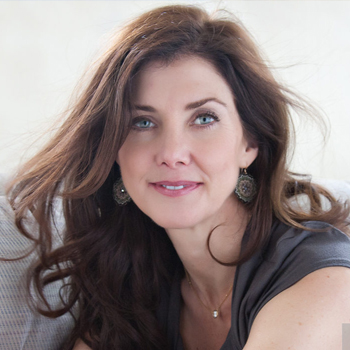
By JEAN TREBEK
Jean is a Professional Religious Science Practitioner, Reiki Master and Sound Healer. She grew up on Long Island, NY, and now lives in Los Angeles. She has two wonderful adult children, Matthew and Emily, with her beloved late husband, Alex. Jean enjoys taking long walks, watching movies, and traveling. She is very grateful for her family, friends, Luna (the dog) and good coffee.
Connect With Us on Social Media!
RECENT FAVES
Tips for Hitting the Road with Your Furry Friends
Part 1 of Kathlene McGovern’s 2 part series on the best and safest ways to travel with your furry friends!
I’m Just Curious
Dove Rose give us ideas on how to stay curious! Keep it Fresh in the Kitchen, on the Drive and in your Life. New ideas to keep our mind alive!
Living Unhoused for a Week: Ken Craft Takes to the Streets
Ken Craft of Hope of the Valley lives unhoused on the streets of the San Fernando Valley for 100 hours and shares the challenges, insights and struggles he faced on this journey.

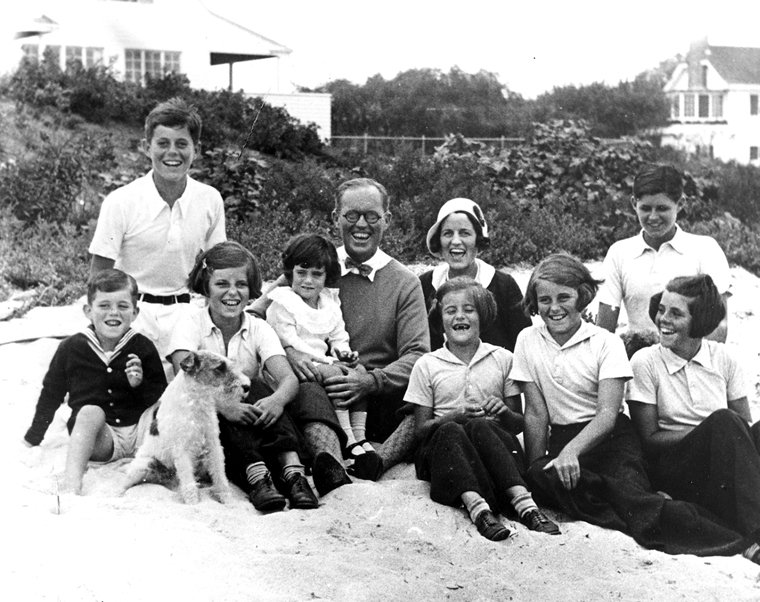
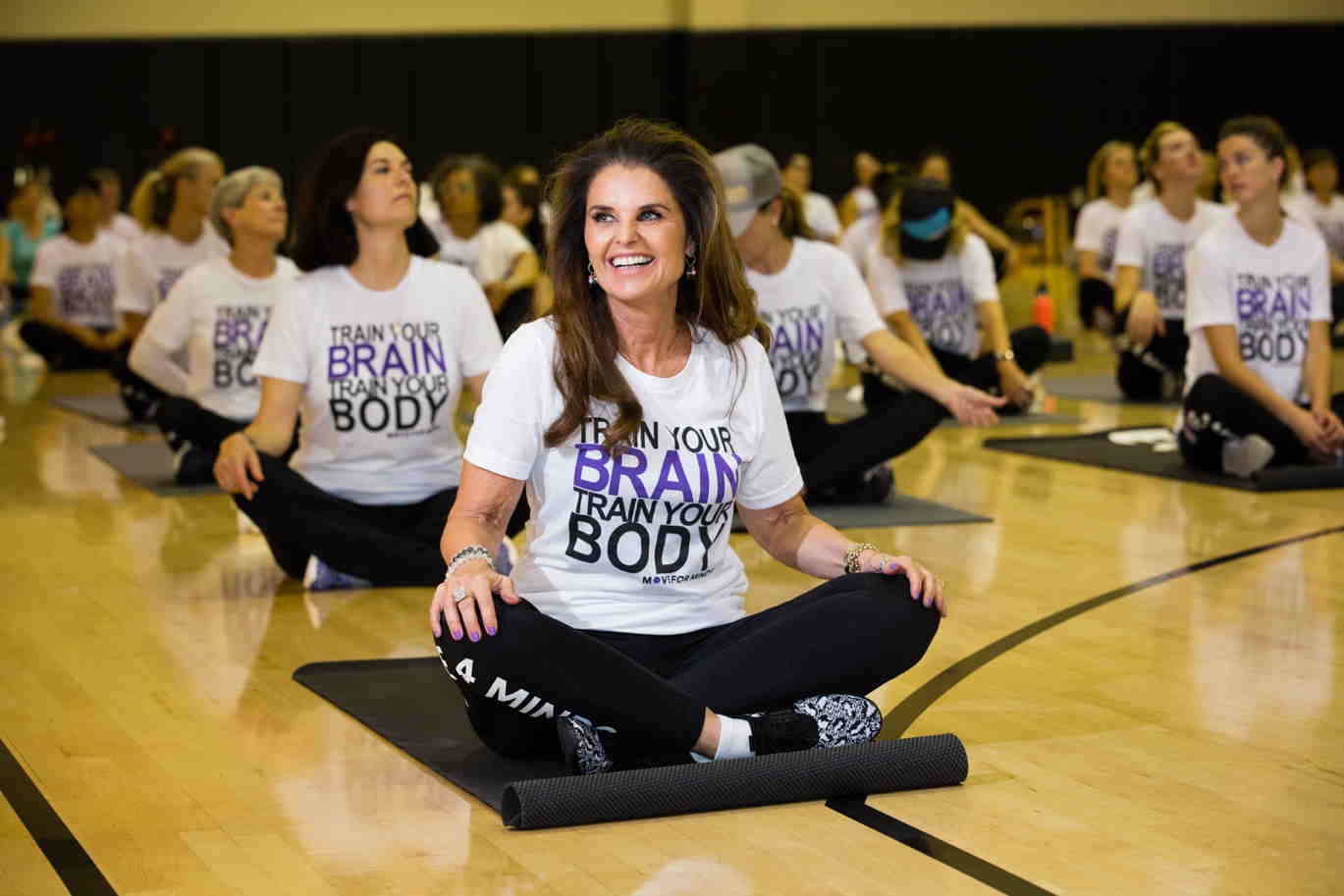
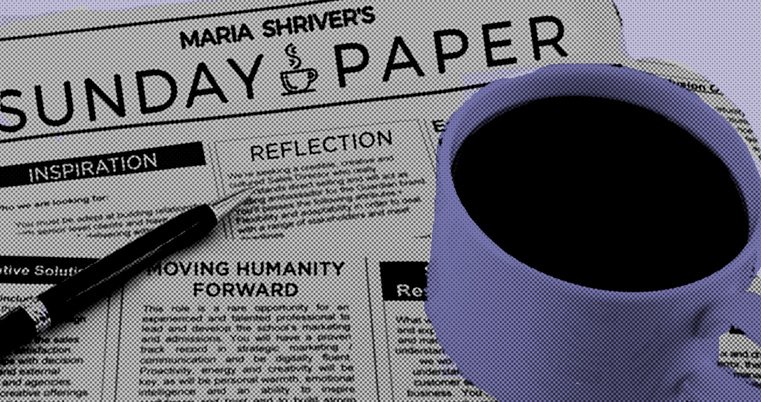
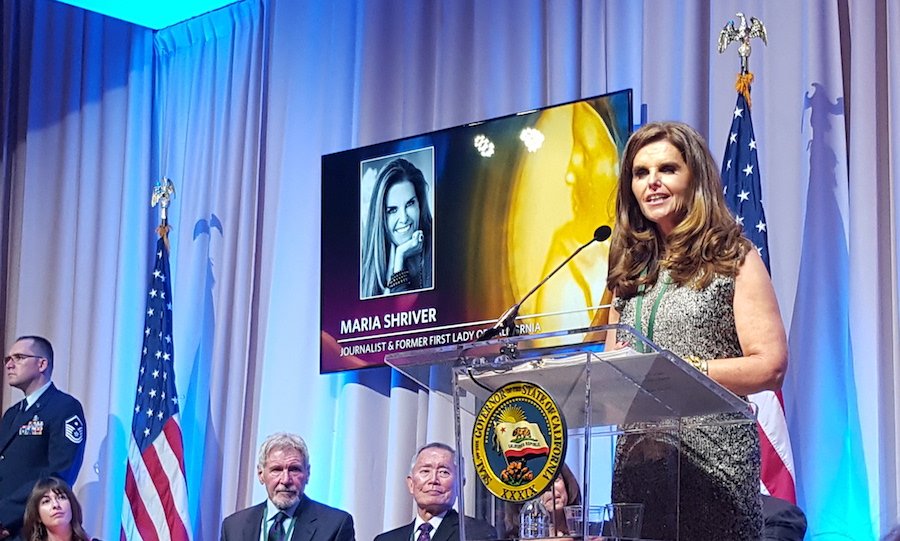



It’s interesting to learn how we really are alike in many ways whether we are world renowned or a simple widowed retired nurse with 3 amazing children and a wonderful grandchild. While my Spiritual practice resembles both Jean”s and Maria’s from A Course in Miracles to morning meditations and prayer, I can also relate to needing to learn about balance.
Interesting too was recognizing how my life has mirrored Peggy Sweeney McDonald’s. I find we are so blessed to be able to care for those who cared so long for us.
I am humbled by all the miracles I get to experience on a daily basis.
Thank you insidewink.com for all the inspiration.
Namaste ❣
A conversation between two of my favorite people! Jean, both you and Maria are so positive and inspirational. I really enjoyed reading this interview.
Also Jean I would like to offer my sincere condolences to you and your family. Alex was truly a gentleman. My husband and I watch Jeopardy each night and are so sad about Alex passing.
My prayers are with you
Thank you Jean for your inspiring conversation with Maria Shriver.
Even though I don’t know either of you well I admire you both. You seem to have many of the same qualities above all you both radiate kindness????
Thank you Jean for bringing Maria on board to Inside Wink. I am humbled as Winkie to have this forum and also my heart felt Condolences to your entire Family,children, and to the Entire Jeopardy Nation. JFK once said “The Torch has been passed to a New Generation ” But the time is not now but for healing. My wife and I just watched a You tube Video from 1997 April Fool’s Day When Alex hosted Wheel of Fortune with Pat Sajak’s wife as Vanna.Seeing Maria reminded me of the days of Camelot seeing her dad walking alongside with JFK outside the White House. Imagine those talks, probably family.
I was raised in the Greek Orthodox faith,and as a Christian we do believe we follow the lord. in the New Testament,it says Jesus died on the Cross, on the third day rose from the tomb. On the 40th day he resurrects to Heaven. So basically after death, we believe the person is around for 40 days,visiting loved ones,seeing old friends etc. My aunt who is a spiritualist told me once that the departed will appear to young children in their dreams because they have “unbusy minds”. My father passed away back in 1976. my mother had a bowl filled with a liquid and there was a floating candle in the middle with my Father’s picture next to it. My aunt told my Mom to do this. She would say the departed spirit are attracted to the flame floating and the picture. My mother would go there to talk to my Dad for 40 days for comfort I guess. It got her thru . If it works or not not it helped her. Life is so short but you know what ,there has to be something more. There is Something After. It’s called like the Soul inside all of us called an…………………. Inside Wink.
Jean:
No words.
You and your family are in my heart.
I have been a subscriber of Maria’s Sunday Paper, I forward it to my daughters and best friend. I love reading it. I’ve never known Jean Trebek until her husband died. It’s very interesting to know about your and Jean’s meditations. I also pray upon waking up in the mornings. It’s my ritual thing to do. I wanted very much to try meditation for years but my mind is so busy with thoughts that it’s so hard to concentrate. I would love to know about Jean’s Reiki healing. I raised two smart and beautiful daughters by myself and now a grandmother of 4 kiddos. It’s a joy to be a grandma! Congratulations Maria for being a first time grandmother! Bless your heart and Jean! I loved Alex Trebek, RIP????
Thank you for an inspiring dialogue of spiritual voices. You could apply your resources and influence in any way you want and you both choose to share the good. We are all better for it. Blessings to you. ????????
Maria, I love the Sunday Paper. It has so much in it and all so good~~like a delicious meal that I can’t get enough of. There’s so much to take from it. That is why I want to tell you something. If you were to ask my opinion, I would say~~the Wednesday edition is not needed, really. You and your staff could use that preparatory time to be quiet and reflect and prepare your selves and your material for the Sunday Paper. Bigger ( more) is not always better. I speak from my heart and a wealth of 80 years of evolving wisdom. At the same time I will understand if you don’t agree with me. I offer this input for whatever it may be worth. Peace.